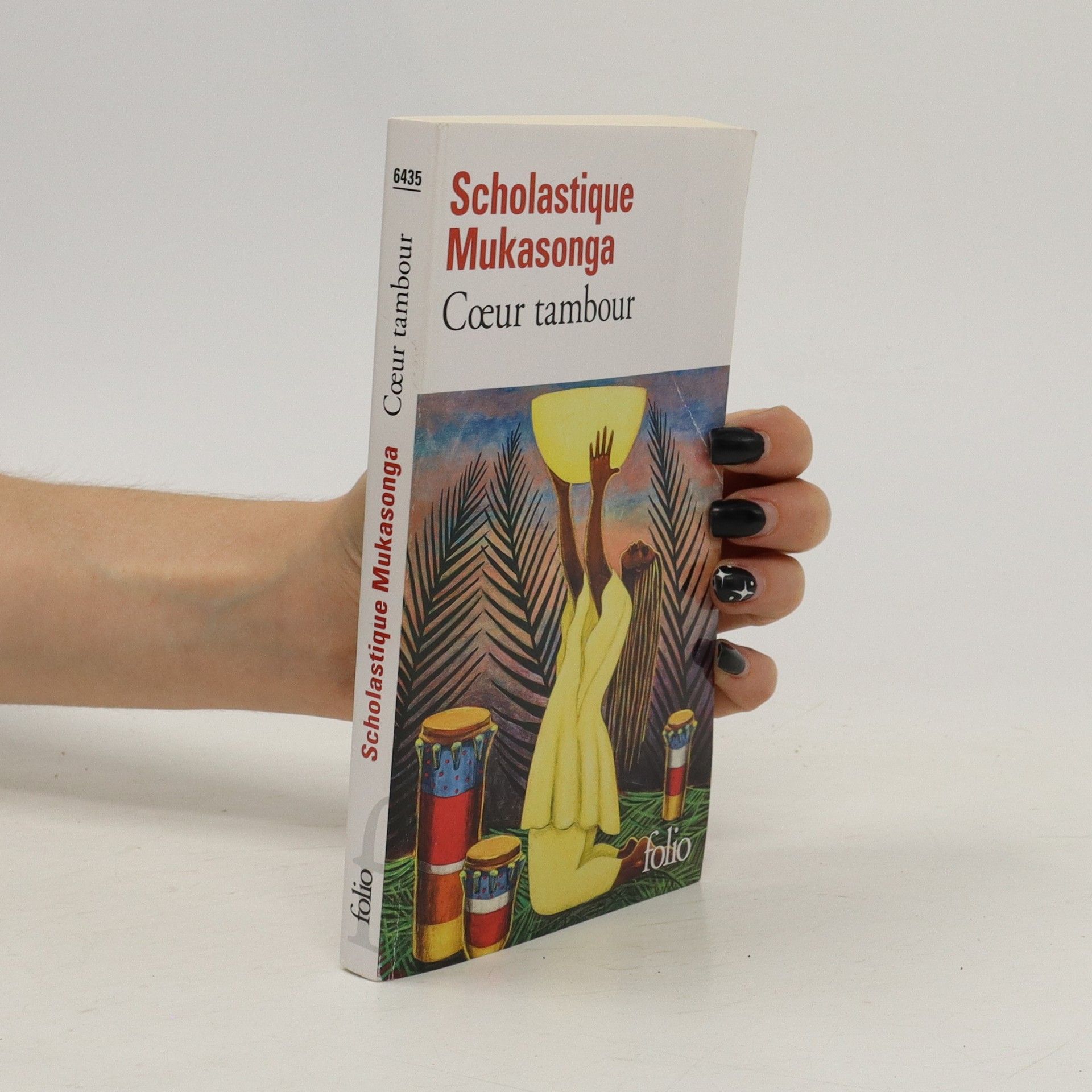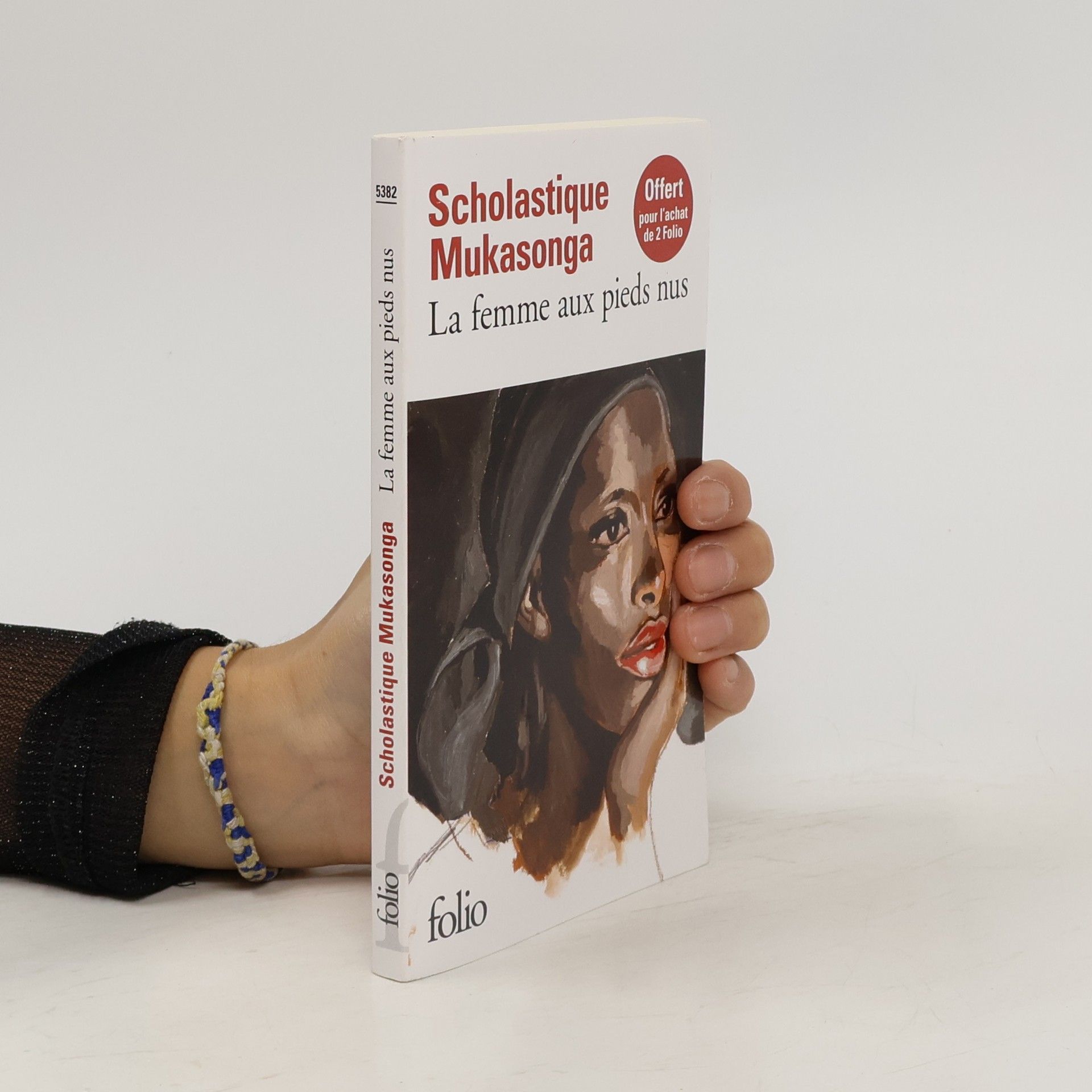Das Fan-Fiction-Magazin - 1: Danke
- 160 pages
- 6 hours of reading
Etwas nicht zu mögen, ist einfach. Etwas zu mögen hingegen, ist kompliziert. Dann kommen wir nicht darum herum, uns auch mit jenen Seiten der Medaille auseinanderzusetzen, die uns weniger gefallen. Wir müssen mit dem Gemochten in Beziehung treten, mit ihm verschmelzen, es verschieben, es umarmen, es verändern, es lieben. Fan-Fiction wagt es, sich das Gemochte anzueignen und sich gleichzeitig vor ihm zu verneigen. Bislang gab es Fan-Fiction vor allem in eigens dafür eingerichteten Ecken des Internets. Um diesem so vielfältigen wie verbreiteten Genre endlich auch die materielle Würdigung zukommen zu lassen, die es verdient, gibt es jetzt DANKE – Das Fan-Fiction-Magazin, eine halbjährlich erscheinende Literaturzeitschrift.




